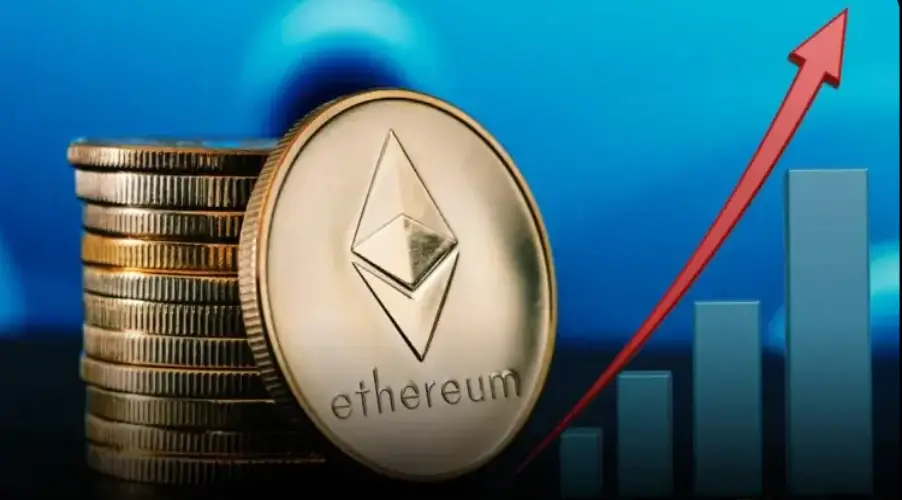THE Petrobras announced on Friday (6th) that it has managed to reduce the intensity of greenhouse gas emissions by about 50% per barrel of oil produced in the period from 2009 to 2021. The measure is linked to the application of new technologies during the process of extraction of Petroleum .
Like the company, other large companies such as Ambev, L’Oreal, Braskem and Danone have moved in this direction. They seek to limit the rise in global temperature to 1.5°C over the pre-industrial period, as suggested by the Intergovernmental Panel on Climate Change (IPCC ) to control climate change. For this, the goal is to reduce emissions by 45% by 2030.
According to the president of the Brazilian Institute for Environmental Protection (Proam), Carlos Bocuhy, society needs to cover these efforts by companies.
“What society must demand from oil producing companies like Petrobras is that they transform themselves into companies dedicated to the production of clean energy, which is not based on fossil fuels. Only then will there be structural gains given the historic moment of climate emergency attested in the current IPCC reports”, says the president of Proam.
According to the international organization, in November 2021, the average global emissions of greenhouse gases reached the highest levels in history. However, with the help of Brazilian companies, the gas emission growth rate slowed to 1.3% in the decade to 2019, from 2.1% in the previous decade. And the expectation is that the numbers will drop even further in the coming years, especially with the efforts of companies in Brazil.
Carlos Bocuhy states that, despite the fact that international commitments to reduce greenhouse gases are not mandatory, there are advantages for companies that demonstrate a mobilization in this direction.
“Within the emission reduction targets established for countries at international conferences, companies play an important role. So what they are doing is fulfilling an institutional commitment that also gives them better access to the international market. There is no charity in this, it is an internationally agreed commitment for everyone to do their part in the face of the climate emergency”, says the president of Proam.
THE ambev dedicated to the production of beverages, showed a reduction in the intensity of CO emissionstwo of 44.6% between 2017 and 2021. And the company’s expectation is that, in the coming years, the entire production chain will be carried out with renewable energy “which can reduce pollutant emissions by approximately 140 thousand tons”.
Discover the types of renewable energy
Now the petrochemical Braskem reduced the intensity of greenhouse gas emissions by more than 17% between 2008 and 2020. For the next few years, the company has a goal of doubling its results and, by 2050, achieving “carbon neutrality”.
In note, the Yogurt informed that the volume of pollutants emitted by the food company should fall by half in the next eight years. For this to be possible, the company establishes “to increase the energy efficiency of operations and to reduce energy consumption annually”, highlights the company’s note.
The group L’Oréal a cosmetics multinational, said it is committed to achieving carbon neutrality in all facilities worldwide through increased energy efficiency and exclusive use of renewable energies in its operation by 2025.
According to the company, already this year, the company’s two facilities in Brazil will become carbon neutral, that is, they will not have any impact on the intensification of the greenhouse effect – a target initially established for three years from now.
To make the transition to renewable energy in its operations, the Unilever intends to use low-carbon ingredients, reformulate products to offer plant-based alternatives such as vegans and fossil fuel-free cleaning products.
Comprised of companies from different sectors, such as beauty, personal care and food, the conglomerate’s main goal is to eliminate the carbon footprint of products by 2039, from the acquisition of raw materials to the point of sale.
Regarding the performance of the business sector in this matter, the president of the Brazilian Institute for Environmental Protection, Carlos Bocuhy, considers that it is necessary to combat the so-called “greenwashing” the practice of disclosing information that a company is promoting environmental benefits when in fact, in a structural way, its products promote global warming.
Source: CNN Brasil
I am Sophia william, author of World Stock Market. I have a degree in journalism from the University of Missouri and I have worked as a reporter for several news websites. I have a passion for writing and informing people about the latest news and events happening in the world. I strive to be accurate and unbiased in my reporting, and I hope to provide readers with valuable information that they can use to make informed decisions.







